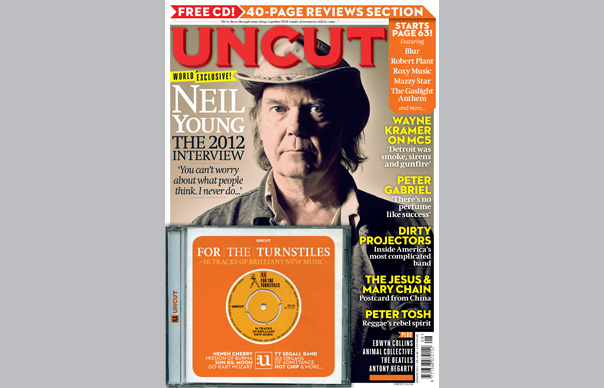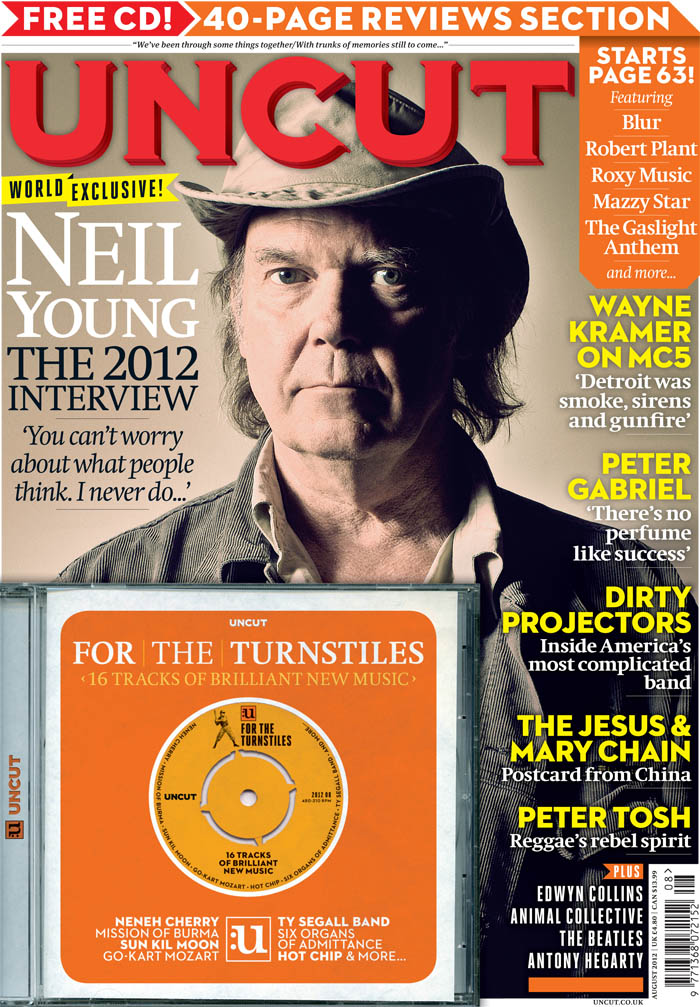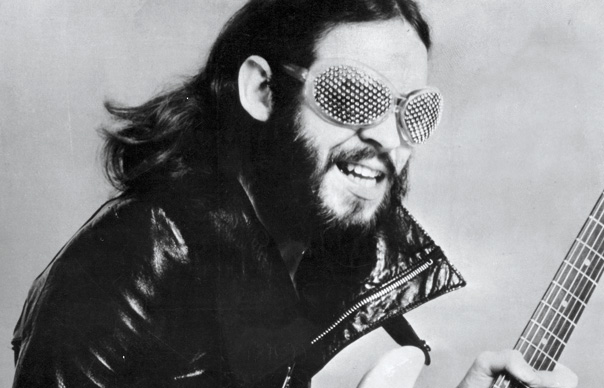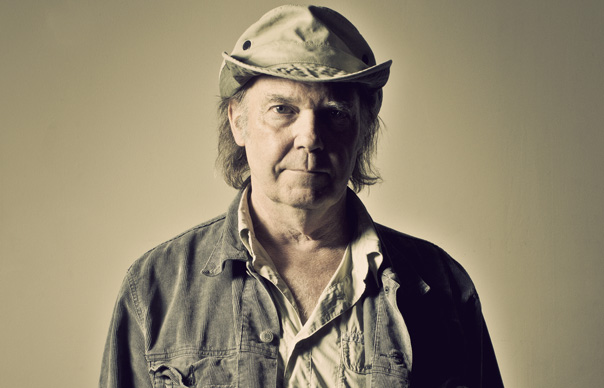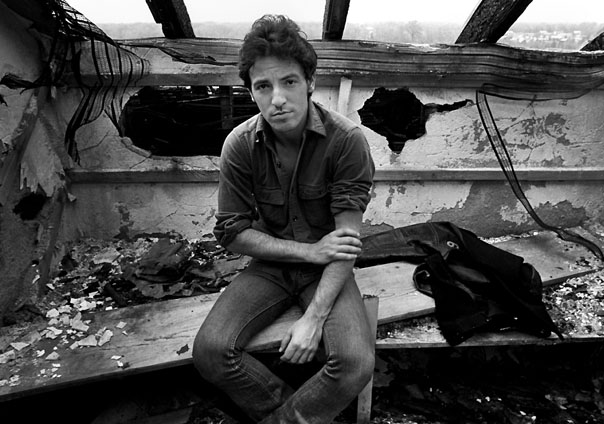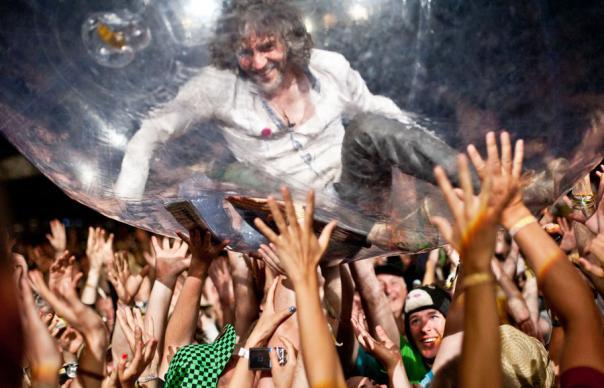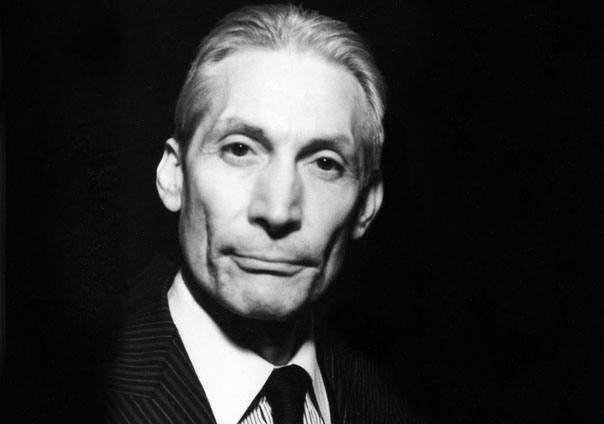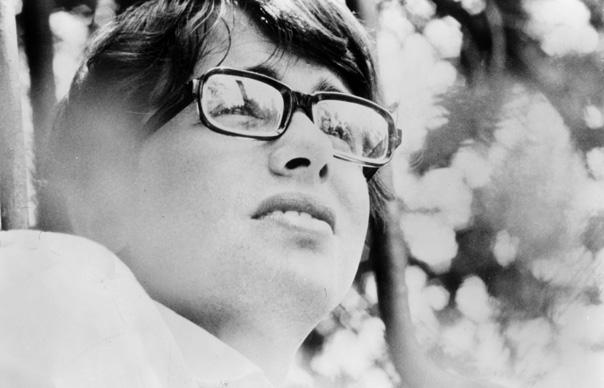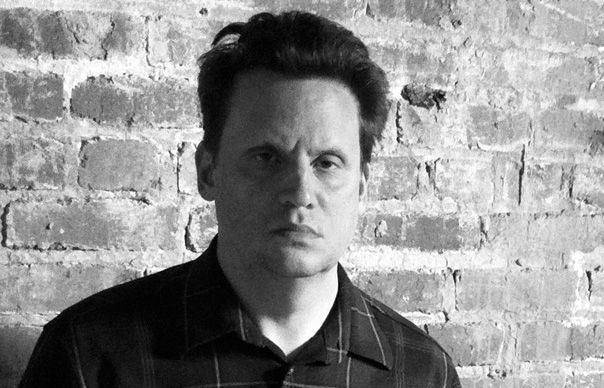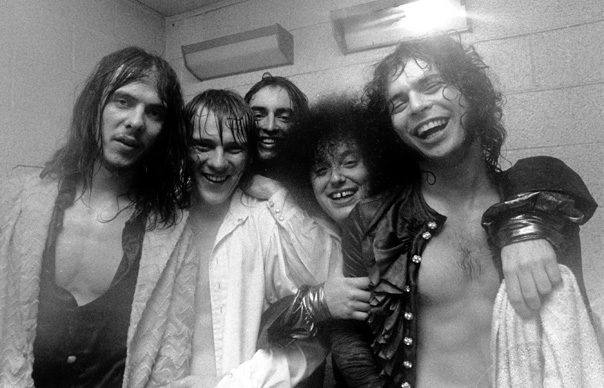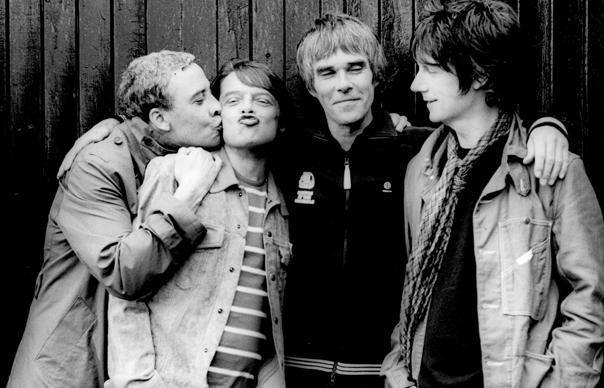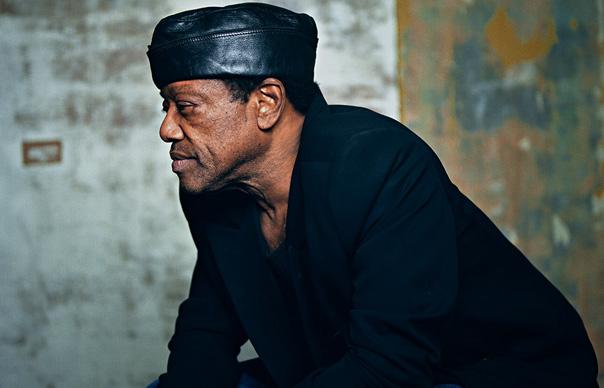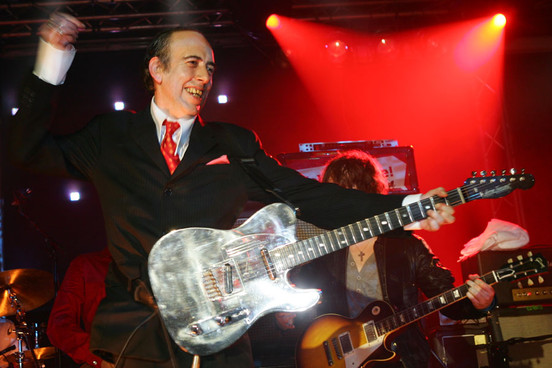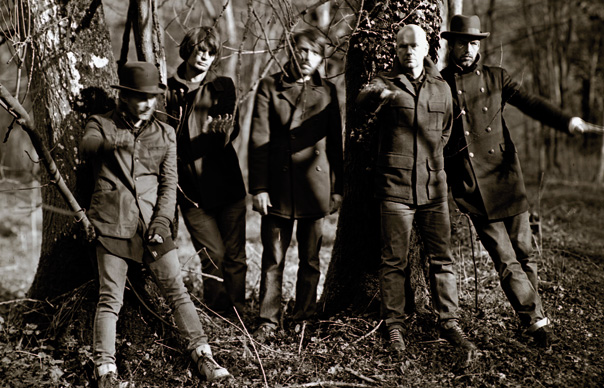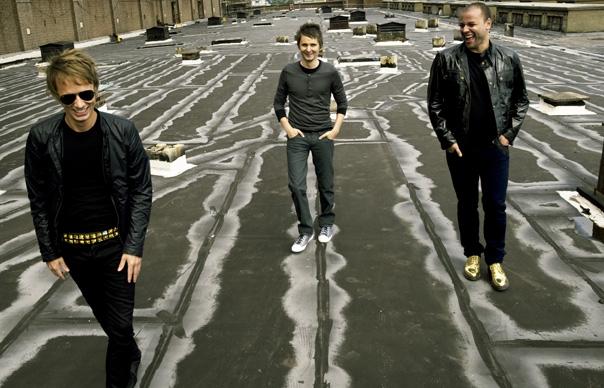This month’s issue of Uncut (dated July 2012) features Suede recalling the writing and recording of their debut single, “The Drowners” – so it seemed a good time to revisit frontman Brett Anderson’s An Audience With… from Uncut’s December 2010 issue as this week’s archive feature. Expect questions and answers on Damon Albarn, Brett’s obsession with art and The Great War, and the lure of East London’s kebab shops… Interview: John Lewis
–––––––––––––––––––––––––––
Brett Anderson has some fans in odd places. This month, Uncut’s email boxes are positively heaving with questions from adoring fans in Peru, Serbia, Japan, New Zealand, Belgium, South Africa, Slovenia and Russia.
“I’m quite popular in odd places,” he says. “Suede had No 1s in Chile and Finland. We were massive in Denmark. If asked why Denmark, my stock answer was that, well, I’m a depressed sex maniac and so are most Scandinavians. We toured China long before most Western pop groups. I remember playing Beijing, to a crowd divided by armed soldiers facing the audience. That was pretty scary.”
Anderson is currently back in the Far East, speaking to Uncut as he overlooks Kowloon Harbour, preparing for solo dates. Later in the year he’ll be in London for a big O2 show with Suede (sans original guitarist Bernard Butler, although the two remain good friends).
“I wanted to check out what the stage was like at the O2 Arena,” he says. “So I went to see The Moody Blues with my father-in-law. Come on, you can’t argue with ‘Nights In White Satin’. What a tune!”
–––––––––––––––––––––––––––
I presume you’re aware of the ‘reallybanderson’ Twitter account purporting to be by you. Amused or offended?
Helen, Birmingham
Twitter is one of those strange things, like Facebook, that I don’t have anything to do with. But I have to grudgingly admit that the reallybanderson Twitter updates are rather funny [starts giggling]. And the guy doing it is obviously a bit of a Suede fan, because there are some very detailed references to b-sides and bla-di-blah. I can’t exactly complain about it without coming across as a real tit. It’s just fun and no-one really thinks it’s me, it’s a cartoon version of me reflected through some fairground mirror. I don’t think anyone reads it and thinks, ‘Oh, Brett Anderson has Jas Mann from Babylon Zoo doing his washing up, or Brett punched Damon in the street.’ It is, ha ha ha, quite witty.
Having shown them the picture inside the Best Of Suede CD, my kids would like to know why you refused to feed me for five years? Also – can my mum have her top back? And are you around for a trip to the Imperial War Museum?
Bernard Butler
Yes, what most fans don’t realise is that we kept Bernard in a cage for five years, and fed him edamame beans and tap water. Regarding his mum’s top – he should know that it’s long been ripped up and destroyed by the front row of the Southampton Joiners, or somesuch venue. Now, the Imperial War Museum – me and Bernard were talking about getting older the other day and he said: “Are you finding yourself increasingly interested in British military history?” And I have become oddly fascinated with watching WWI docs on YouTube. It’s not just the personal tragedies, but the sense of it being a shocking transition point between the Victorian world and modernity. The idea that they were going into war on horseback, and by the end of it they were in tanks. Blimey. So tell Bernard I will be going to the museum, soon…
What’s your favourite Duffy song?
Kris Smith, Wembley
I thought “Rockferry” was a very beautiful, stirring track. So that’s the only one I know well, but I’m really pleased for Bernard that that was a big success [Butler co-wrote and produced much of the album]. He’s an incredibly talented person and works incredibly hard, and he’s one of those people who is just obsessed with music. People like that deserve success. Did I ask him to join the Suede show at the O2? No. I told him about it, but he’s moved on so far from Suede that it would have been odd, and we’ve had a completely different lineup since he left. I don’t think he’d want to be jumping around a stage again! He’s much happier doing what he does now, I think he’s really found his calling.
Do you still have your cat, Fluffington?
Claire Vanderhoven, Holland
Unfortunately, he’s ascended to cat heaven. He had 15 long years of adoration. Am I getting another cat? Well, I recently got married, and my wife brought two Italian greyhounds with her. I don’t know if anyone is aware of them, but Italian greyhounds are like little cats. Ours are eight years old but look like miniature foxes, bonsai greyhounds. But incredibly fast, like little bullets. When they’re not running they spend their whole life under the duvet. Someone once told me they were bred by the Pharaohs as bedwarmers!
Brett, do you have a copy of the single I recorded with Suede: “Art” b/w “Be My God”? If so, could I have one?
Mike Joyce
Mike, I think I destroyed my copy years ago. I’m not one to keep memorabilia. They’re about 100 quid on eBay. Mike was an early member of Suede. We were advertising for a drummer and listed The Smiths as an influence. Then at an audition, their drummer pokes his head through the door and says, “Hello, lads!” Ha! It was a bit Jim’ll Fix It. I don’t think anyone thought it was going to last, Mike was far too big a name for us. But he just took us under his wing, guided us through the industry, and was so charming. I still keep in contact with him.
What’s the weirdest story you’ve heard about yourself?
Badabingbadaboom
Someone once told me that they’d heard a story about me wanting to shit in someone’s mouth. But I also heard the same story about David Byrne, so I think it’s one of those urban myths that gets transferred from one slightly kooky pop star to another. That’s probably the most unsavoury thing I’ve heard about myself. Maybe I should give it a go.
Which actors would you like to play the lead members of Suede in a biopic?
James Kumar, Manchester
This is the kind of thing we talk about on tour. Matt Osman is convinced I should be played by Peter Egan, who was in Ever Decreasing Circles. I think Nic Cage should play Matt. Arsène Wenger reminds me of Bernard. That’s what Bernard will look like when he’s 60. Billy Idol could play Simon Gilbert, couldn’t he?
Would you ever consider working in musical theatre?
Neil Tennant
It’s funny he should ask that, because only the other day, I was listening to the album Neil and Chris did with Liza Minnelli in the late ’80s. Results, I think it’s called, with “Losing My Mind”. That sounded great, so emotive, and real. I’m a big fan of the Pet Shop Boys, they’re one of those amazing bands that almost created their own genre. But anyway, musical theatre. Yeah, I think I would. Sondheim? Rodgers and Hart? Definitely. I’m always open to new ideas. Musical theatre sounds like it’s going to have camp undertones, but I’d love to do it in an interesting way.
What’s the worst song you’ve ever written?
Mark Catley, Christchurch, NZ
That’s a good question. I wrote lots of terrible songs that were never recorded in the early days. But there’s a song called “Duchess” – a B-side to something from the Head Music era [actually to 1997 single “Filmstar”] – which is pretty rubbish. I’ve often regretted the production on certain songs, like “Trash” and “Animal Nitrate”, even though they’ve been pretty good songs. But you can’t go messing around with things like that. You start to interfere with what people originally liked about it. I also think people like your mistakes, as they give your work humanity. I quite like that about Prince. He seems to throw stuff out – some of it genius, some unlistenable – but all quite honest. I respect that.
Do you enjoy art? Excited about Gauguin at the Tate?
Katarina Janoskova, London
Absolutely. I’m a big fan of Gauguin and the post-impressionists. My favourite visual artist, if I had to narrow it down to one, would be Manet, the pre-impressionist. Not Monet, who doesn’t do it for me. But Manet had this revolutionary technique of painting on black, which gives his pictures a real depth, there’s something very sumptuous about his paintings. And further back, the kind of medieval-style stuff like Holbein and Brueghel – they’re so well observed and so real. You look at these pictures of people who lived 500, 600 years ago, you can imagine them walking down Tottenham Court Road now, the same face, they’re so real. It’s a little window into the past. I’ve quite got into art recently. It’s all part of expanding yourself and your education, appreciation of beauty in life, innit?
Now that you’re no longer coming to work in Bow, how are you coping without the salad pitta?
Leo Abrahams, musician and producer
Ha ha! I’ve been working on an album with Leo, in his studio, and I have an unhealthy obsession with East London’s kebab shops. You don’t get many good kebab shops in west London. It reminds me of being a student. I’m surprised Leo’s got the time to email you questions! He’s far too busy producing Eno or Grace Jones or Florence & The Machine. He also does these bizarre things where he plays entirely improvised gigs, no rehearsals. And that inspired the latest solo LP I’ve done with him. It was based on improvs. Me, Leo, Seb Rochford on drums, and Leopold Ross on bass just jammed for days, cut up them up and improvised, and did overdubs. It’s a full-on rock record. I love Leo, he’s great. He never takes the easy option. He pushes you a bit, which can be terrifying.
Can you give us not-so-slim-in-2010 Suede fans some health tips?
Simon Quinton, Oxford
My wife is a naturopath – she’s conscious of what she eats, so we eat a lot of sushi and seeds. I’ve got into cycling recently, particularly living in London, through the parks and the backstreets. It makes you fall back in love with the city. I cycled to Bow the other day from my house in Notting Hill. So that’s staving off the fortysomething belly. I’m sure I’ll get it when I’m fiftysomething. I’m looking forward to that.
What do you think of Gorillaz?
Ruiz, São Paulo, Brazil
To be honest, I don’t know much about them. I like the drawings.
I guess that’s a veiled question about my relationship with Damon? Well, we don’t have a relationship to talk about. We all have things that happened years ago, rivalries and so on, and people assume that they’re still on your radar and part of your life. It’s like some musical soap opera, often one that’s been fabricated, without much substance. I have different issues in my life now.
Is the art of songwriting dead? If it isn’t, who is flying the torch?
Paloma Faith
Oh, it’s not dead at all. I’m constantly inspired by new music. If you look on YouTube, there’s a clip of me singing Christina Aguilera’s “Beautiful”. When you’re covering stuff it’s interesting to try things that are out of your genre, which gives it a frisson. So I always try songs that aren’t, you know, British indie, stuff like Blondie, or The Pretenders. That Christina Aguilera song is amazing. I try not to look at songs as the finished product, I look at it as the chords and the melody and the words, like sheet music to be interpreted. You’ve got to keep moving with your musical appreciation. I loved the last Horrors record, I liked The National, The Drums, These New Puritans, lots of stuff. I never listen to the records I grew up with. Why bother? It’s all in my head!
Brett, you’re from Haywards Heath. What’s the deal with the swimming pool there? It’s deep in the middle, not at one end. What’s your take on that? And were you ever caught out by it?
P Newman, Brighton
I don’t know what they’re referring to at all, but funnily enough my dad used to work there as a swimming pool attendant. And I don’t really know how he got the job because he couldn’t swim. It’s lucky there weren’t any accidents. Every Tuesday, we had to troop down to the local pool, and everybody would be pointing at my dad saying, “Oh look there’s your dad, he’s working as a pool attendant.” And I was hoping none of them would start drowning, ’cos my dad wouldn’t be much use. Still, this was the early ’80s, and I guess we all thought the world was going to end any second with a nuclear bomb. Ha ha.



